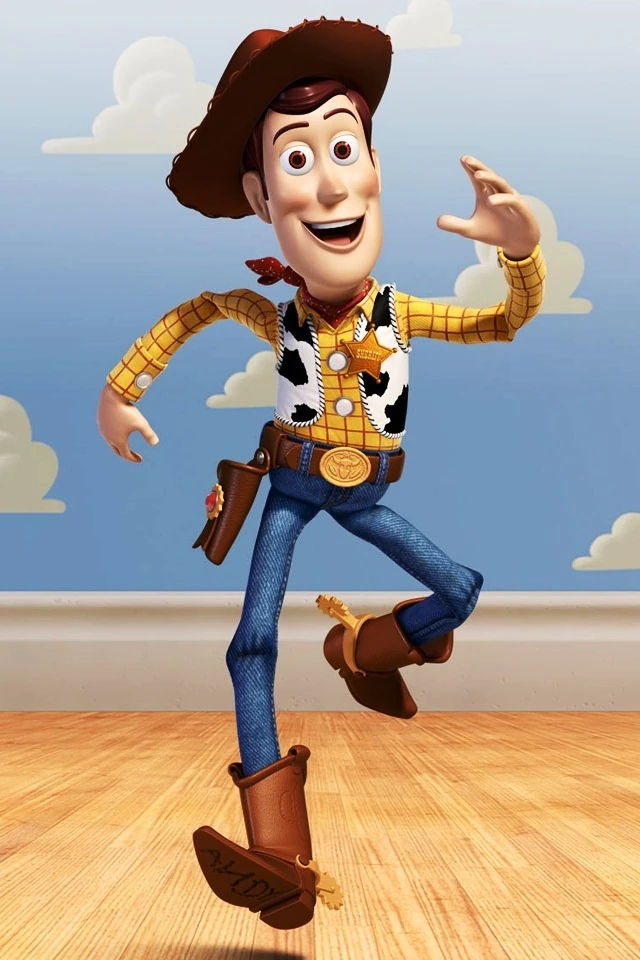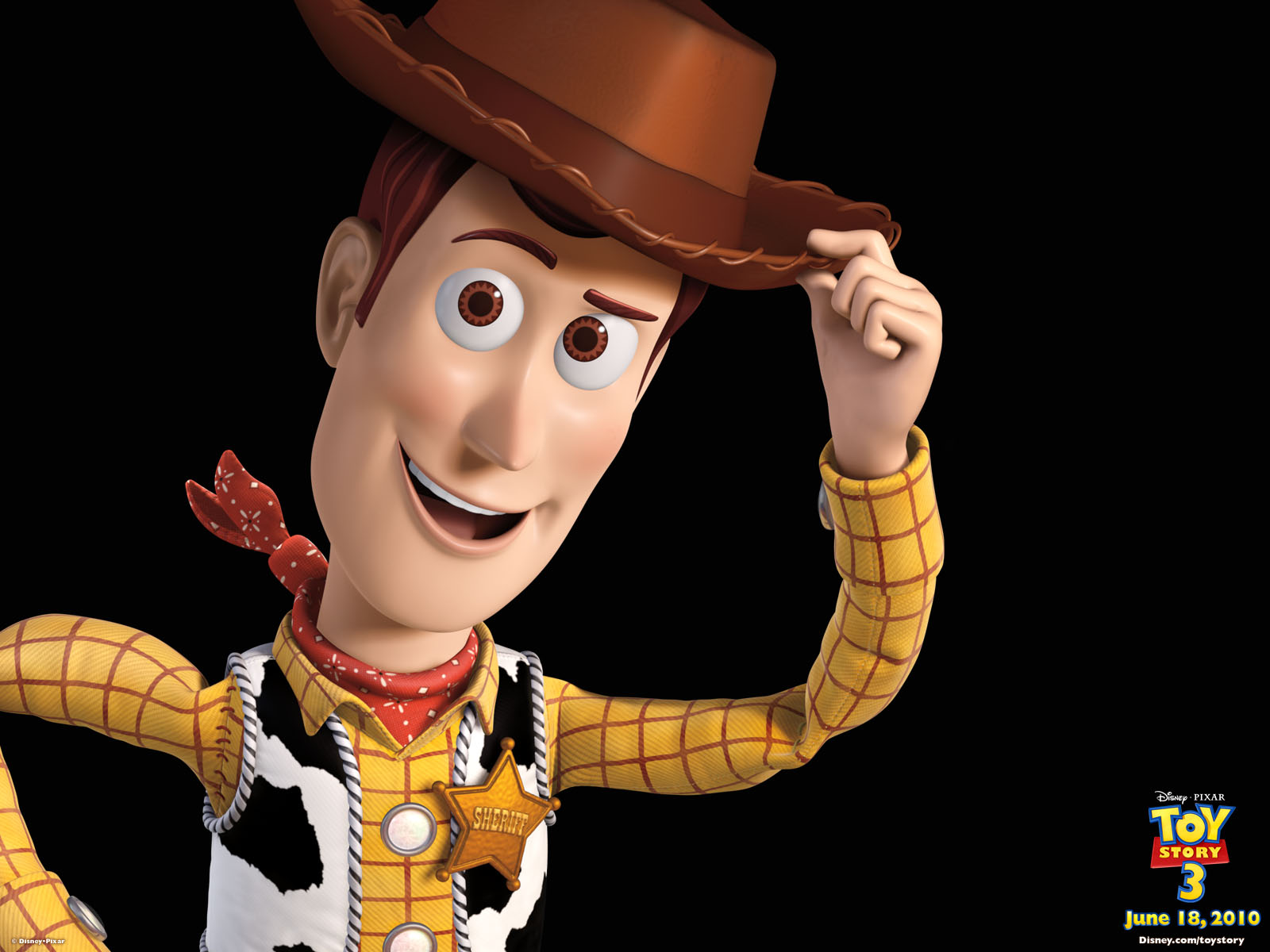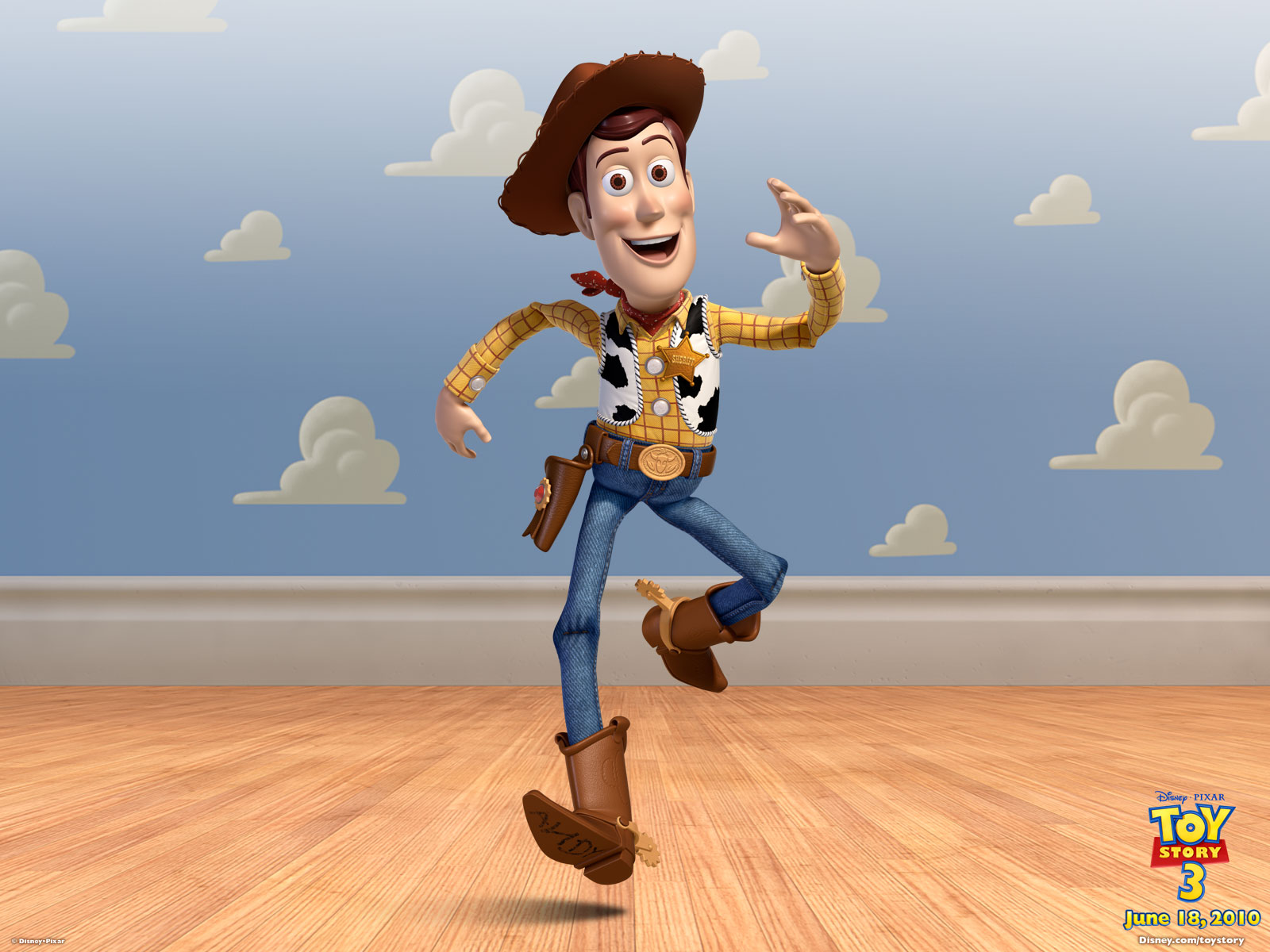Exploring Woody Harrelson's Powerful Military Movie Roles
When you think about actors who bring a certain raw honesty to their roles, Woody Harrelson often comes to mind. He has a way of making characters feel incredibly real, quite relatable, even when they are facing truly extraordinary circumstances. It's almost as if he pulls you right into their world, letting you experience their struggles and triumphs alongside them. This is particularly true when we look at his contributions to the military movie genre, where his performances can often leave a lasting mark on viewers, very much so.
There's a distinct kind of story told within military films, a narrative that often explores the deep human experience of conflict, of camaraderie, and the heavy weight of duty. These stories, in a way, are about moments where everything's about to change, where characters must face tomorrow while saying goodbye to yesterday. It's a chapter ending for them, perhaps, but the story is only just beginning in a new, often difficult, form. Woody Harrelson has, you know, stepped into these intense shoes more than once, delivering portrayals that resonate deeply with audiences.
As we explore his work in these impactful films, we'll see how his presence helps to convey the sheer human element within the grander scope of military life. His characters often grapple with immense pressure, with loyalty, and with the very personal toll of war. It's like watching someone navigate a path where they have to lean on others for the road ahead, always carrying their memories, hope, and the possibility of new beginnings, no matter where they go. We'll examine some of his most notable military movie appearances, too, and consider the unique touch he brings to each one, very much so.
- How Much Is Craig Conover Worth
- Sonny Bono Height
- Ted Lange Net Worth
- Lisa Velez Net Worth
- Net Worth Of Ted Danson
Table of Contents
- Woody Harrelson: A Brief Biography
- The Impact of Woody Harrelson in Military Cinema
- Why These Films Resonate
- Frequently Asked Questions About Woody Harrelson Military Movies
- Looking Ahead and The Lasting Impression
Woody Harrelson: A Brief Biography
Woodrow Tracy Harrelson, as a matter of fact, has built a career that really stands out in Hollywood. Born in Midland, Texas, his journey into acting wasn't exactly straightforward, but his talent, it seems, was always clear. He first gained widespread recognition for his work on television, which, you know, opened doors to a very diverse range of film roles. He has shown a remarkable ability to shift between genres, from comedies that make you laugh out loud to intense dramas that truly make you think. This versatility is, in some respects, one of his most defining traits as a performer, quite honestly.
His early career saw him become a household name, and then he transitioned very smoothly into film, taking on parts that challenged him and, in turn, challenged audiences. He has a knack for picking projects that allow him to explore complex characters, whether they are heroes, villains, or just ordinary people caught in extraordinary situations. This dedication to his craft has earned him numerous accolades and, you know, a reputation as one of the most compelling actors working today. He's always got the memories of past roles, but he keeps finding new beginnings with each project, which is rather inspiring.
Personal Details and Bio Data
| Full Name | Woodrow Tracy Harrelson |
| Date of Birth | July 23, 1961 |
| Place of Birth | Midland, Texas, U.S. |
| Occupation | Actor, Activist |
| Years Active | 1985–present |
| Notable Genres | Comedy, Drama, Action, Thriller |
The Impact of Woody Harrelson in Military Cinema
When it comes to the **woody harrelson military movie** category, his contributions are, you know, quite significant. He doesn't just play a soldier; he often embodies the human spirit within the uniform, showing the vulnerabilities, the strengths, and the deep emotional toll that military service can take. His performances in these films often add a layer of authenticity that makes the stories feel more grounded, more relatable to anyone trying to understand the experiences of those who serve. It's a bit like seeing the real person behind the role, if that makes sense.
- Alec Baldwin Net Worth 2024
- Net Worth Gloria Vanderbilt
- Net Worth Of Jwoww
- Hector Camacho Net Worth
- Will Sasso Net Worth
His characters in military settings are rarely one-dimensional. They are, typically, figures grappling with their past, facing a very uncertain tomorrow, and trying to make sense of a world that has been, in a way, turned upside down. This approach helps these films move beyond simple action sequences and into something much more profound, something that truly explores the human condition under pressure. He brings a kind of quiet intensity, a lived-in quality to these parts, which, honestly, makes them stick with you long after the credits roll.
The Messenger: A Powerful Portrayal
One of the most powerful examples of a **woody harrelson military movie** is, without a doubt, *The Messenger*. In this film, released in 2009, he plays Captain Tony Stone, a decorated officer whose job it is to notify families of soldiers who have died in combat. This role is, you know, incredibly demanding, requiring a deep sensitivity and an understanding of profound grief. Harrelson's portrayal of Stone is, quite simply, remarkable. He captures the character's internal struggles, the emotional weight of his duties, and the quiet dignity with which he carries out his difficult task.
His performance in *The Messenger* earned him an Academy Award nomination, and it's easy to see why. He doesn't just act the part; he becomes the embodiment of a man carrying immense sorrow, yet still dedicated to his grim mission. The film itself is a stark, honest look at a seldom-seen aspect of military life, and Harrelson's presence helps to ground it in a very human reality. He shows the quiet strength, the fatigue, and the moments of connection that can arise even in the most heartbreaking circumstances. It's a story, you know, about facing tomorrow after saying goodbye to yesterday, again and again.
The film explores the profound impact of loss, not just on the grieving families, but also on the messengers themselves. Stone, as a character, is haunted by his own experiences and by the constant exposure to others' pain. Harrelson conveys this burden with a subtle power, often through quiet expressions and weary gestures rather than grand speeches. It’s a performance that, you know, speaks volumes without needing a lot of words, really. His character, in a way, is always with the memories, hoping for new beginnings, even amidst such sorrow.
Other Notable Roles and Cameos
While *The Messenger* stands out, Woody Harrelson has, you know, appeared in other films with military or war-related themes, even if they aren't always central to the plot. For instance, in *Thin Red Line* (1998), he has a memorable, albeit brief, role as Sergeant Keck. This film, directed by Terrence Malick, is a sprawling, meditative war drama, and even in his limited screen time, Harrelson makes an impression. He brings a distinct presence to the ensemble, adding to the tapestry of human experiences within the chaos of battle. It's a very different kind of role compared to *The Messenger*, but still shows his range.
Then there's *No Country for Old Men* (2007), which, while not strictly a military movie, features elements of violence and a very stark, almost war-like landscape. Harrelson plays Carson Wells, a bounty hunter, and while his character isn't a soldier, he operates in a world where survival is paramount and violence is a constant threat. His portrayal is, you know, very sharp, very precise, adding another layer of tension to an already gripping story. It shows how he can bring a certain edge to characters who exist in very dangerous, conflict-ridden environments, quite frankly.
Looking at his broader filmography, you can find instances where his characters exhibit a soldier-like resolve or are placed in situations that demand a similar kind of resilience. Even in films not explicitly about the military, he often portrays individuals who have to fight, to survive, and to confront harsh realities. This, in a way, reflects the universal themes of struggle and perseverance that are often at the heart of military stories. He has, you know, a natural ability to convey grit and determination, which suits these kinds of roles quite well, actually.
His Acting Style in These Roles
Woody Harrelson's approach to acting in military movies, or roles that touch upon similar themes, is, you know, quite distinctive. He often brings a raw, unvarnished quality to his characters. There's a certain authenticity that makes them feel less like archetypes and more like real people dealing with unimaginable stress. He doesn't shy away from showing vulnerability, which, honestly, makes his characters even stronger in the eyes of the audience. This ability to convey both toughness and fragility is, in some respects, a hallmark of his best work.
He uses subtle gestures, shifts in tone, and quiet moments to convey deep emotional states. It's not about grand declarations, but rather about the small, human reactions that truly resonate. This kind of nuanced performance is, very often, what elevates a military movie from a simple action flick to a powerful human drama. He has a way of making you feel the weight of their experiences, the burden of their choices, and the quiet courage it takes to keep going. It's almost as if he's saying, "You'll be with me wherever I go," drawing you into the character's journey.
Moreover, his characters often possess a kind of world-weariness, a sense of having seen too much, which is, you know, a very common trait among those who have experienced conflict. Yet, there's often a spark of humanity, a flicker of hope, that he manages to keep alive within them. This balance makes his portrayals incredibly compelling and, in a way, helps us understand the complex emotional landscape of military personnel. He truly embodies the idea of facing tomorrow, even after saying goodbye to yesterday, and finding strength in that transition.
Why These Films Resonate
The **woody harrelson military movie** selections, and military films in general, resonate with audiences for several reasons. They often explore universal themes like courage, sacrifice, loyalty, and the devastating consequences of conflict. These are stories that, you know, force us to confront difficult truths about human nature and the world we live in. They can be incredibly moving, incredibly thought-provoking, and often leave a lasting impression on anyone who watches them, very much so.
Harrelson's presence in these films adds a significant layer of depth. His ability to humanize characters who are often defined by their roles in combat allows viewers to connect with them on a personal level. We see their fears, their hopes, and their struggles, not just their actions. This human-centric approach makes the stories more than just historical accounts or action sequences; they become powerful explorations of the human spirit under extreme pressure. It's a bit like watching a chapter ending, but seeing the story only just begin for the characters, in a new, profound way.
These films also serve as a reminder of the sacrifices made by military personnel and their families. They can foster a greater appreciation for the challenges faced by those who serve, and spark important conversations about the nature of war and peace. When an actor like Harrelson delivers a performance that feels so honest, so lived-in, it helps to bridge the gap between the audience and the often-unimaginable realities depicted on screen. It’s a way of saying, in a sense, that we have each other to lean on for the road ahead, even if the road is incredibly tough.
Frequently Asked Questions About Woody Harrelson Military Movies
Q1: What war movies has Woody Harrelson been in?
Woody Harrelson has, you know, been in a few notable films that deal with war or military themes. His most prominent role in this genre is arguably Captain Tony Stone in *The Messenger* (2009), for which he received significant acclaim. He also had a role as Sergeant Keck in Terrence Malick's *The Thin Red Line* (1998). While not strictly a war movie, his character in *No Country for Old Men* (2007) operates in a very violent, almost battle-like environment. He tends to pick roles that challenge him, which often includes these kinds of intense settings.
Q2: Did Woody Harrelson play a soldier?
Yes, he certainly has played soldiers. His role as Captain Tony Stone in *The Messenger* is a clear example where he portrays a U.S. Army officer. In *The Thin Red Line*, he also takes on the part of a sergeant. His performances in these roles are, you know, quite memorable, showing a deep understanding of the characters' experiences and the difficult situations they face. He brings a kind of authenticity to these military figures, which is, honestly, quite compelling.
Q3: Is 'The Messenger' a military movie?
Yes, *The Messenger* is, without a doubt, a military movie. It focuses on two U.S. Army officers who are part of the Casualty Notification team, delivering news of fallen soldiers to their families. While it doesn't depict combat directly, it explores the profound emotional and psychological impact of war on those who serve and their loved ones. Woody Harrelson's performance in it is, you know, central to the film's powerful message. It's a very human story set against the backdrop of military duty, very much so.
Looking Ahead and The Lasting Impression
As we look at the range of **woody harrelson military movie** roles, it's clear that his impact extends beyond just appearing in a uniform. He brings a deep sense of humanity to these stories, reminding us that behind every conflict, there are individuals grappling with immense challenges. His ability to portray complex emotions, from weariness to unwavering duty, makes his contributions to the genre truly stand out. It's a testament to his skill that he can make these characters feel so real, so relatable, even when their experiences are far removed from our own daily lives.
His work in films like *The Messenger* will, you know, likely continue to be studied and appreciated for its raw honesty and powerful emotional resonance. These are the kinds of performances that stay with you, that make you think, and that, in a way, remind us of the strength of the human spirit in the face of adversity. He consistently brings a unique flavor to his characters, making them feel lived-in and authentic. It's almost as if he's saying, "You'll be with me wherever I go," inviting us to truly understand the journeys of these characters.
Woody Harrelson's presence in military cinema underscores a broader truth: that stories about service and sacrifice are, you know, fundamentally human stories. They are about change, about saying goodbye to yesterday, and about facing tomorrow with courage, even when it's incredibly difficult. His ability to embody these themes with such conviction ensures that his military movie roles will remain a significant part of his impressive career, and, honestly, a vital contribution to the genre. To learn more about Woody Harrelson's diverse filmography on our site, and to explore other compelling dramas, you might want to link to this page here.
You can also find more information about the impact of actors on war dramas on reputable film sites, like the American Film Institute's resources on classic war films, which is, you know, a pretty good place to start for deeper understanding. Learn more about classic films at AFI.
- Rex Ryan Net Worth
- Michelle Phan Net Worth
- How Much Is Cole Hauser Worth
- Monica Potter Net Worth
- Darrell Waltrip Net Worth

Woody | Wiki Toy Story | FANDOM powered by Wikia

Woody | Pixar Wiki | FANDOM powered by Wikia

Woody from Toy Story Desktop Wallpaper